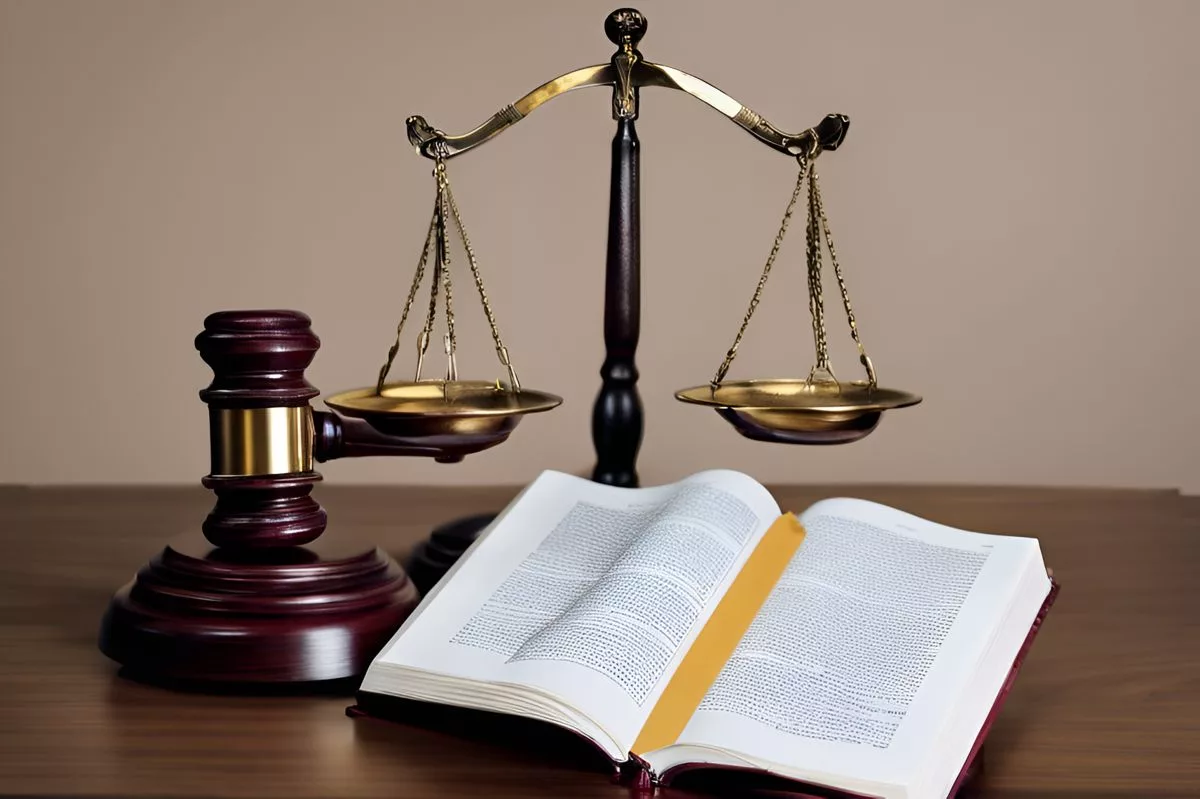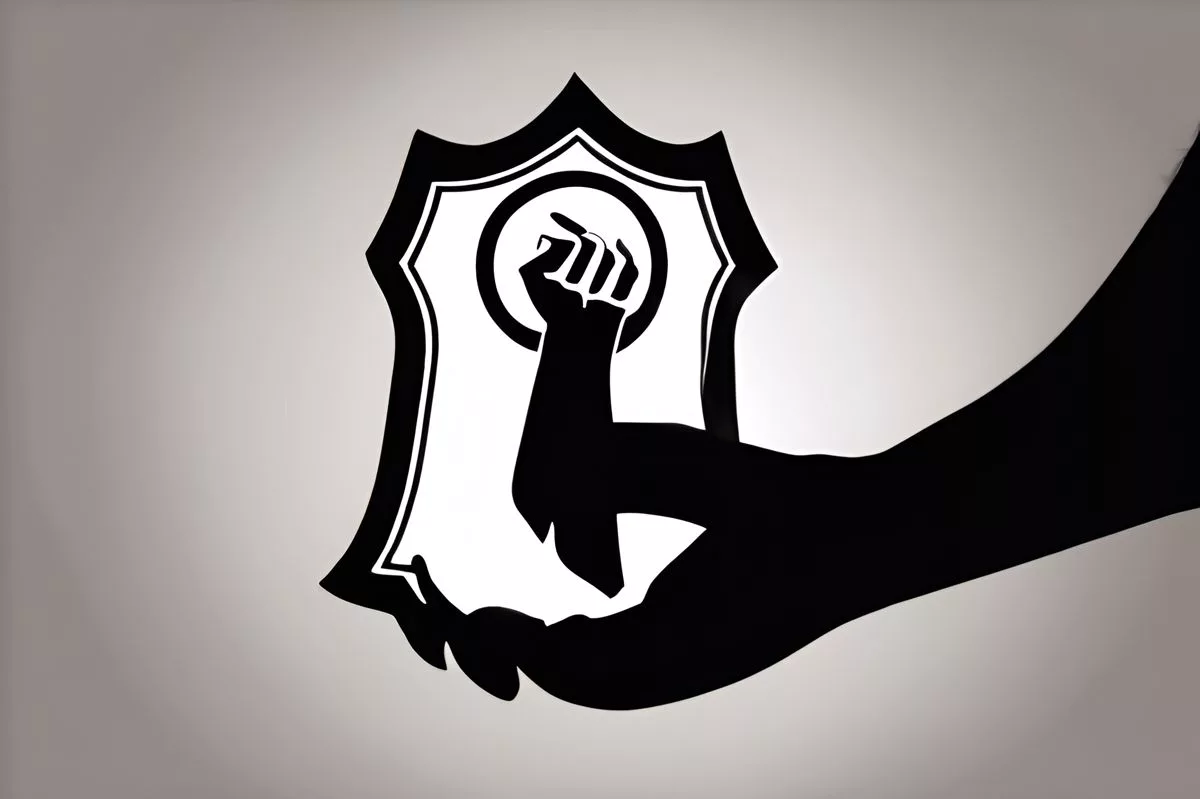The search for South Africa’s Deputy Public Protector, a role critical to maintaining democracy and ensuring accountability, is filled with power struggles and controversy. Seven candidates underwent a rigorous interview process, including scrutiny on whistleblower protection and understanding the Public Protector’s office’s mandate. The prestigious but demanding role requires stringent qualifications and experience and offers an attractive compensation package. The Justice and Correctional Services Committee is set to engage in crucial deliberations to appoint a candidate who can uphold the integrity of South Africa’s democracy and public offices.
Who is South Africa’s Deputy Public Protector?
The Deputy Public Protector (DPP) is a critical role in maintaining the integrity of South Africa’s democracy and ensuring the accountability of public office. The DPP assumes the Public Protector’s responsibilities in their absence or inability to perform the functions of the office and aids in carrying out the latter’s duties under the Act and the Constitution. Appointed by the President based on the National Assembly’s recommendation, the DPP serves a term that cannot exceed seven years.
Critical Step in the Halls of Justice
In the resounding chambers of Parliament on the 13th of March, 2024, an event of great significance took place. The Justice and Correctional Services Committee had the responsibility of interviewing seven chosen candidates. The coveted role they were vying for was none other than the Deputy Public Protector (DPP), a role that holds tremendous weight in maintaining the integrity of South Africa’s democracy and ensuring the accountability of public office.
Bulelani Magwanishe, the presiding officer of the Committee, led the process. He unveiled that the position fell vacant towards the end of 2023. Finding a suitable replacement for this critical post was not an easy feat; initially, 46 applications and nominations flooded the committee’s inboxes. Eventually, eight candidates made the shortlist. However, only seven, including Adv AV Mavhidula, Adv S Tebeile, Ms P Mokgaladi, Adv S Moleshe, Ms L Mkhize, Adv TS Thipanyane, and Adv TA Bunguzana, proved resilient enough to withstand the rigorous interview process.
Controversy amidst the Selection Process
However, the search for the next DPP was not devoid of controversy and contention. The commencement of the interviews experienced a delay due to objections over Adv Busisiwe Mkhwebane’s role in the interview panel. Some members expressed concern over a potential conflict of interest due to her association with Adv Tebeile, acting as a pro-bono representative for Adv Mkhwebane in a separate case. Additionally, whispers of a past disagreement between Adv Mkhwebane and Ms Mokgaladi during the former’s tenure as Public Protector (PP) added to the tension.
Despite the turmoil, the Committee obtained legal guidance which suggested that members do not have to recuse themselves but must disclose any association with the candidate before the process. Bolstered by this advice and the promise of additional legal opinions to maintain process fairness, Mr. Magwanishe resumed the vital proceedings.
The Rigorous Interview Process
The chosen candidates were rigorously scrutinized on a broad spectrum of subjects. These included whistleblower protection, managing high-stakes investigations, understanding the Public Protector’s office’s mandate, interpreting court judgments affecting the office, and tackling urgent human rights issues in society. They were also probed about their handling strategies for potential conflicts between the DPP and the PP.
The Prestigious but Challenging Role of DPP
The DPP position, while highly esteemed, is also demanding and requires precision. Appointed by the President based on the National Assembly’s recommendation, the DPP serves a term that is determined at the time of appointment and cannot exceed seven years. Following the conclusion of this term, the DPP has the possibility of reappointment for an additional term. The role offers an attractive compensation package, with an annual salary marked at R1 924 542.
The prerequisites to qualify for the role of DPP are stringent. In addition to requiring South African citizenship and being a fit and proper individual, the candidate must also possess specific qualifications and experience. These include practicing as an advocate or attorney, lecturing in law at a university, or having specialized knowledge in justice administration, public administration, or public finance, among others.
The DPP, although under the general control and direction of the PP, has substantial powers. They assume the PP’s responsibilities in their absence or inability to perform the functions of the office. Moreover, the DPP aids the PP in carrying out the latter’s duties under the Act and the Constitution.
The Committee’s Crucial Deliberations
The Committee is set to engage in far-reaching deliberations next week, post receiving the legal opinion, on the interviewed candidates. The responsibility to appoint a DPP who can genuinely uphold the integrity of South Africa’s democracy and its public offices rests on their shoulders.
What is the role of South Africa’s Deputy Public Protector?
The Deputy Public Protector (DPP) is responsible for maintaining the integrity of South Africa’s democracy and ensuring accountability of public office. They assume the Public Protector’s responsibilities in their absence or inability to perform the functions of the office and aid in carrying out the latter’s duties under the Act and the Constitution.
How is the Deputy Public Protector appointed?
The Deputy Public Protector is appointed by the President based on the National Assembly’s recommendation. They serve a term that cannot exceed seven years and may be reappointed for an additional term.
What qualifications and experience are required for the role of Deputy Public Protector?
To qualify for the role of Deputy Public Protector, the candidate must be a fit and proper individual, possess South African citizenship, and have specific qualifications and experience such as practicing as an advocate or attorney, lecturing in law at a university, or having specialized knowledge in justice administration, public administration, or public finance.
What was the interview process for the candidates vying for the position of Deputy Public Protector?
Seven candidates underwent a rigorous interview process, including scrutiny on whistleblower protection, managing high-stakes investigations, and understanding the Public Protector’s office’s mandate. They were also probed about their handling strategies for potential conflicts between the DPP and the PP.
What compensation package does the role of Deputy Public Protector offer?
The role of Deputy Public Protector offers an attractive compensation package, with an annual salary marked at R1 924 542.
What is the Justice and Correctional Services Committee’s role in appointing the Deputy Public Protector?
The Justice and Correctional Services Committee is responsible for engaging in crucial deliberations to appoint a candidate who can uphold the integrity of South Africa’s democracy and public offices. After receiving legal opinion on the interviewed candidates, they will make a recommendation to the President, who will ultimately appoint the Deputy Public Protector.












